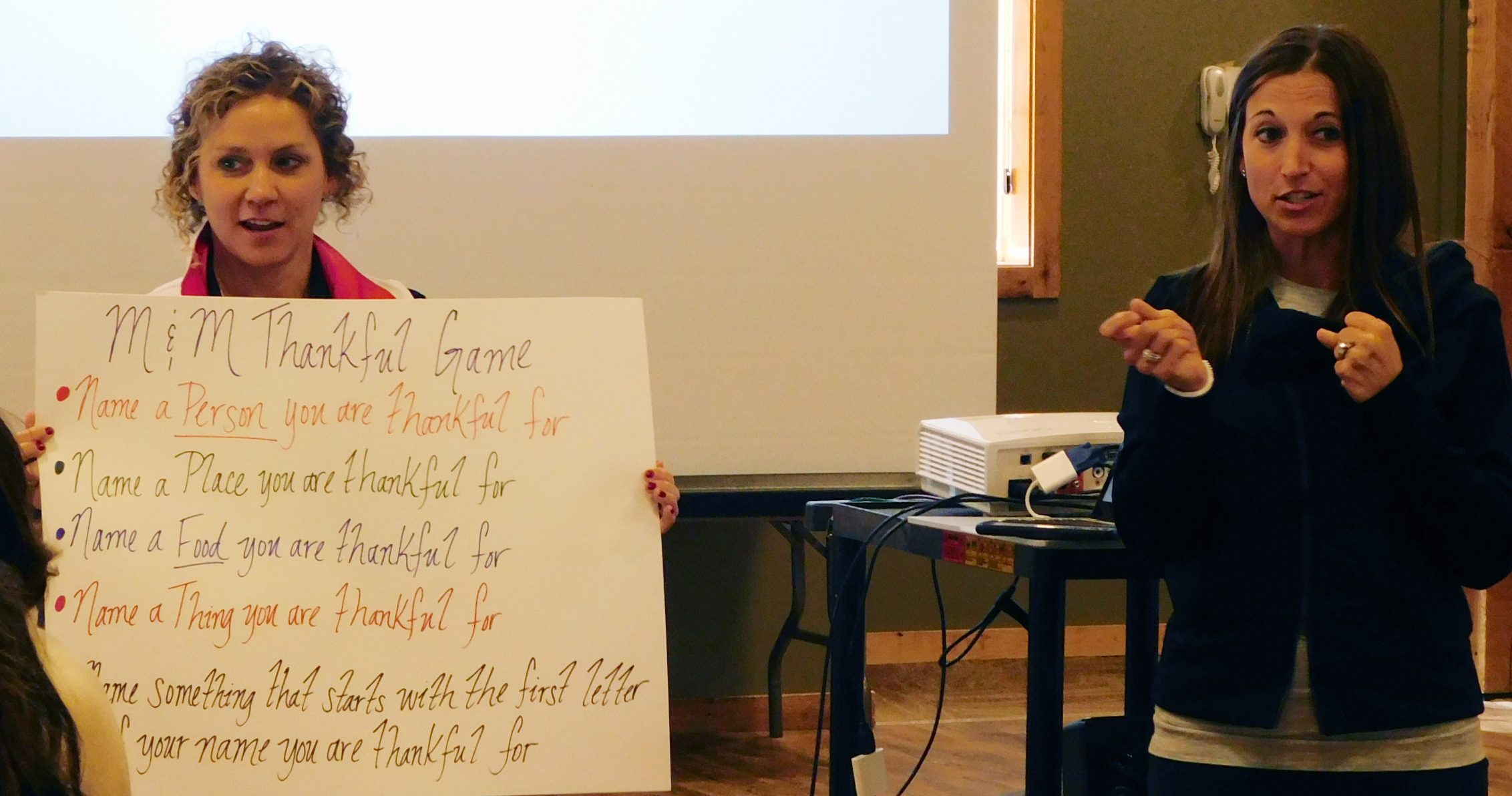Children, Families, and the Law, Center on

Center on Children, Families, and the Law: Faculty Publications
Document Type
Article
Date of this Version
2020
Citation
Journal of Experimental Criminology 16:1 (2020), pp. 49–77.
doi: 10.1007/s11292-019-09361-6
Abstract
Objectives: Problem-solving courts are traditionally voluntary in nature to promote procedural justice and to advance therapeutic jurisprudence. The Family Treatment Drug Court (FTDC) in Lancaster County, Nebraska, is a mandatory dependency court for families with allegations of child abuse or neglect related to substance use. We conducted a program evaluation examining parents’ case outcomes and perceptions of procedural justice to examine whether a mandatory problem-solving court could replicate the positive outcomes of problem-solving courts. Methods: We employed a quasi-experimental design that compared FTDC parents to traditional dependency court parents (control parents). We examined court records to gather court orders, compliance with court orders, case outcomes, and important case dates. We also conducted 263 surveys (FTDC = 232; control = 31) to understand parents’ perceptions of procedural justice in the court process. Results: Overall, FTDC parents were more compliant with some court orders than control parents. Although FTDC and control parents did not have significantly different case outcomes, FTDC parents’ cases closed significantly faster than control parents’ cases. FTDC parents also had higher perceptions of procedural justice than control parents. Mediation analyses indicated that FTDC parents believed the court process was more fair and therefore participated more consistently in court-ordered services and therefore reunified more often than control parents. Conclusions: Mandatory problem-solving courts can serve parents through the same mechanisms as voluntary problem-solving courts. More research is necessary to examine which specific elements of problem-solving courts, aside from the voluntary nature, are essential to maintain their effectiveness.
Included in
Administrative Law Commons, Courts Commons, Criminology and Criminal Justice Commons, Domestic and Intimate Partner Violence Commons, Family Law Commons, Family, Life Course, and Society Commons, Juvenile Law Commons, Law and Psychology Commons, Law Enforcement and Corrections Commons, Nonprofit Organizations Law Commons, Social Policy Commons, Social Welfare Commons, Social Welfare Law Commons


Comments
Copyright © 2019 Springer Nature B.V. Used by permission.